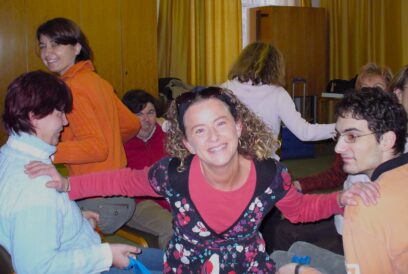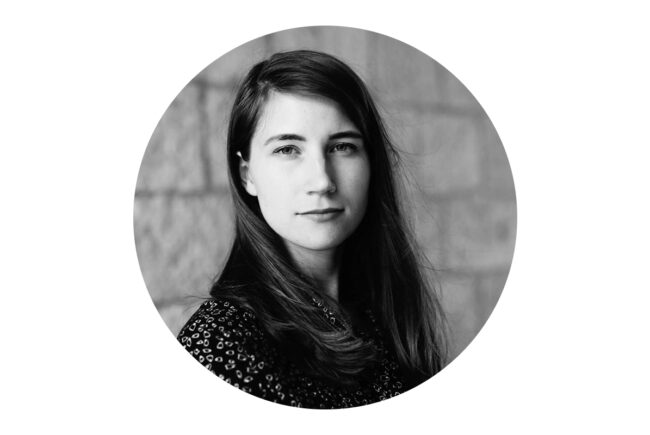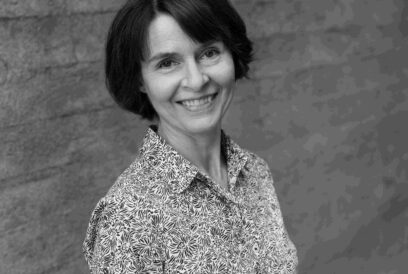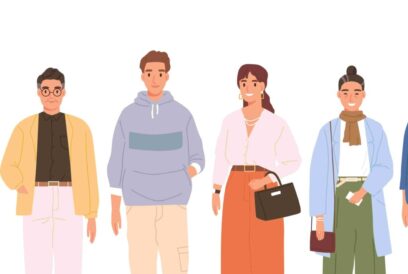

Education seems to have many benefits for health – and being able to make better decisions about whom to resort to in times of sickness might be one of them. The text is an editorial written for issue 4/2018 on Adult Education and Health.
In November a piece of worrying news spread in Finland. Health officials had confirmed a case of measles in western parts of the country.
In the fear of an epidemic, some people living in the area panicked and rushed to hospital to vaccinate themselves or their children. Of course, some people wouldn’t and some couldn’t, for some well-justified health reasons, but let’s not go there just yet.
A growing share of the population in many European countries are forming like-minded tribes over the internet and refusing western medicine.
Those of us that for one reason or another had followed the news about a group called the ‘anti-vaxxers’ had seen this coming for a while.
A growing share of the population in many European countries are forming like-minded tribes over the internet and refusing western medicine, including vaccines. This is often done using cherry-picked or misunderstood health claims, often even some complete fabrications.
A PARTICULARLY LIKE-MINDED HERD had formed through years in the area now affected by measles in Finland, leaving vaccine coverage in some places as low as 85%. For those who don’t recall, it’s supposed to stay around 95% to ensure herd protection from epidemics.
Anti-vaxxers are just one group as there are literally as many health-related belief systems on the web as can be imagined. From companies selling belly-bottom reset apparatus to Facebook groups vouching for silver water and black salve, adults seem to believe just about anything, as long as it’s not what the officials say.
And yes, by adults I mean grown-up people who have usually gone through years of education.
In the face of these phenomena, I can’t help but wonder, what is wrong with our education system?
IN THIS ISSUE, THE RELATIONSHIP between education and health is approached from several perspectives.
Some of the perspectives are more positive than the one I already mentioned. For example, many studies have proven that education might correlate with both mental and physical health, even though the cause-and-effect chain has not yet been fully determined.
In several articles, we look deeper into these claims in the contexts of both formal education and liberal adult education. For those who find the relationship between education and mental health especially inspiring, I recommend that they also read our previously published issue, Adult Education and Mental Health.
We also share a few interesting case studies that cover, for example, the effects of education on prisoner health and a project that maintains sheds open to all men, which often leads to increased social and physical activity.
But then again, some of the perspectives, such as anti-science movements, are more worrying, and as such, they call for adult education intervention.
As an example of such intervention, this spring, some colleagues and I started a project with Finnish medical students, teaching them dialogical and writing skills to improve their skills at communicating with their patients both face-to-face and online. In this issue, one of the students tells about her experience in her own words.
Just because the traditional system might not be perfect, it doesn’t mean that you should reject it altogether.
In order to plan education interventions, we also need to understand the whys behind the phenomena.
For this question, a poignant analysis comes from non-fiction author Alan Cassels. In the interview, he puts some of the blame on credibility issues in the normal medical system. If people feel that they have been mistreated by the traditional system, they are going to try other things.
But here’s the punchline: just because the traditional system might not be perfect, it doesn’t mean that you should reject it altogether. Getting this message across is a major task for educators.
Do you prefer unicorn treatments over chemotherapy as a treatment for your breast cancer? Be my guest.
FACING THE CHALLENGE, there’s one major ‘but’: it’s virtually impossible to force grown-ups to do anything in free democratic societies, other than perhaps obeying the law.
Adults are free to make decisions about their own lives, as silly and uneducated as the decisions might sound to the rest of us. Do you prefer unicorn treatments over chemotherapy as a treatment for your breast cancer? Be my guest.
But in my opinion and in the opinion of many who work in the field of science, as soon as you start messing with others’ lives too, that becomes more of a problem.
The enormous responsibility should lead any adult to a humble request for more knowledge.
This takes us back to Finnish anti-vaxxers. You see, many of the people who have not been given vaccines due to the current trends are children. And then there are always people who cannot receive vaccines for serious health reasons. At the same time, in many cases, the anti-vaxxers themselves have been vaccinated in their childhood, in times before social media induced mass-hysteria.
Now these adults may experience a feeling of personal emancipation from “corrupted pharma”. But how about their responsibility to their children and to their neighbours?
If nothing else, this enormous responsibility should lead any adult to a humble request for more knowledge. It should also lead to the rejection of childish conspiracy theories in a search for information from various sources, a general open mind and some media literacy skills. Because that is what adulthood should be about.
And maybe that is even what our education system should be about.
Author






